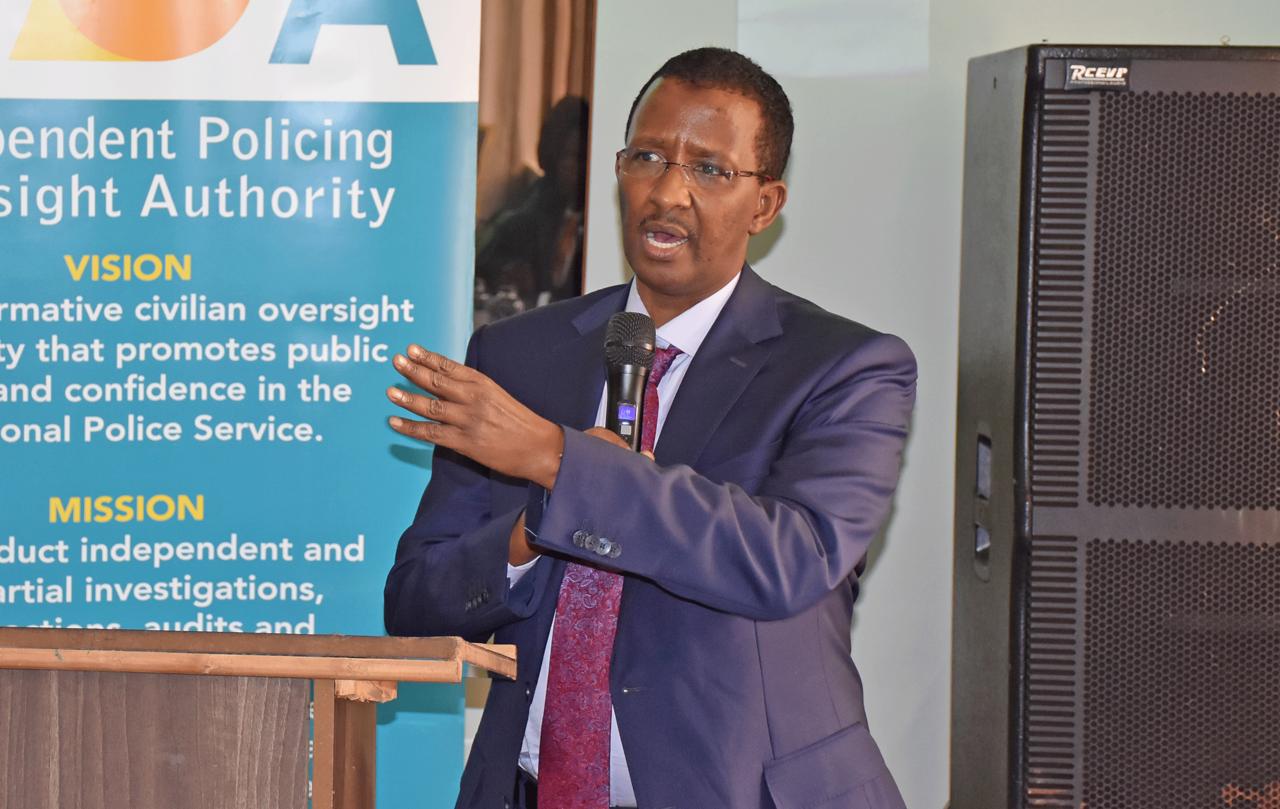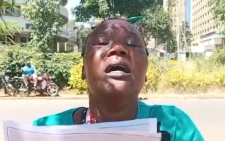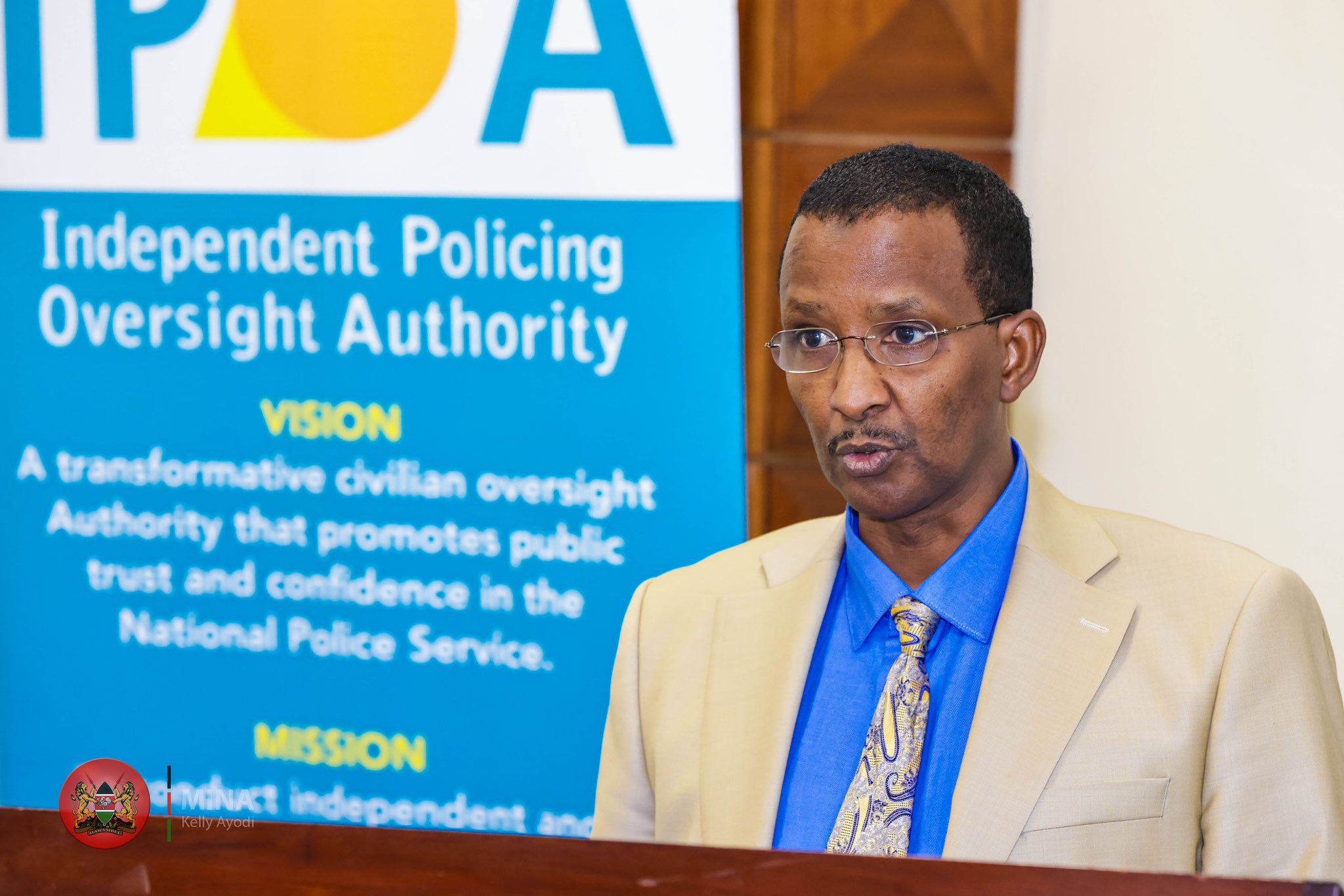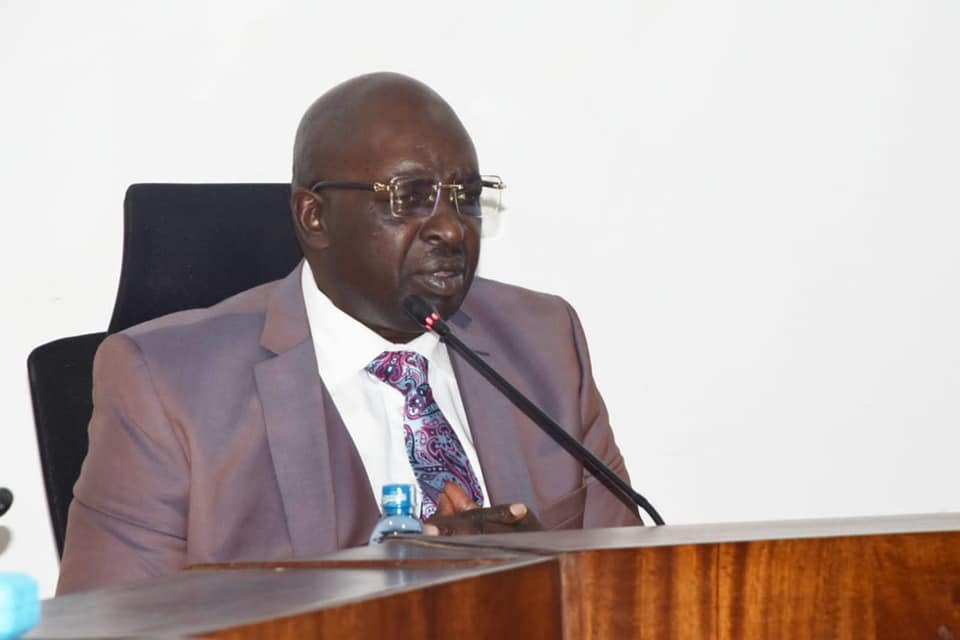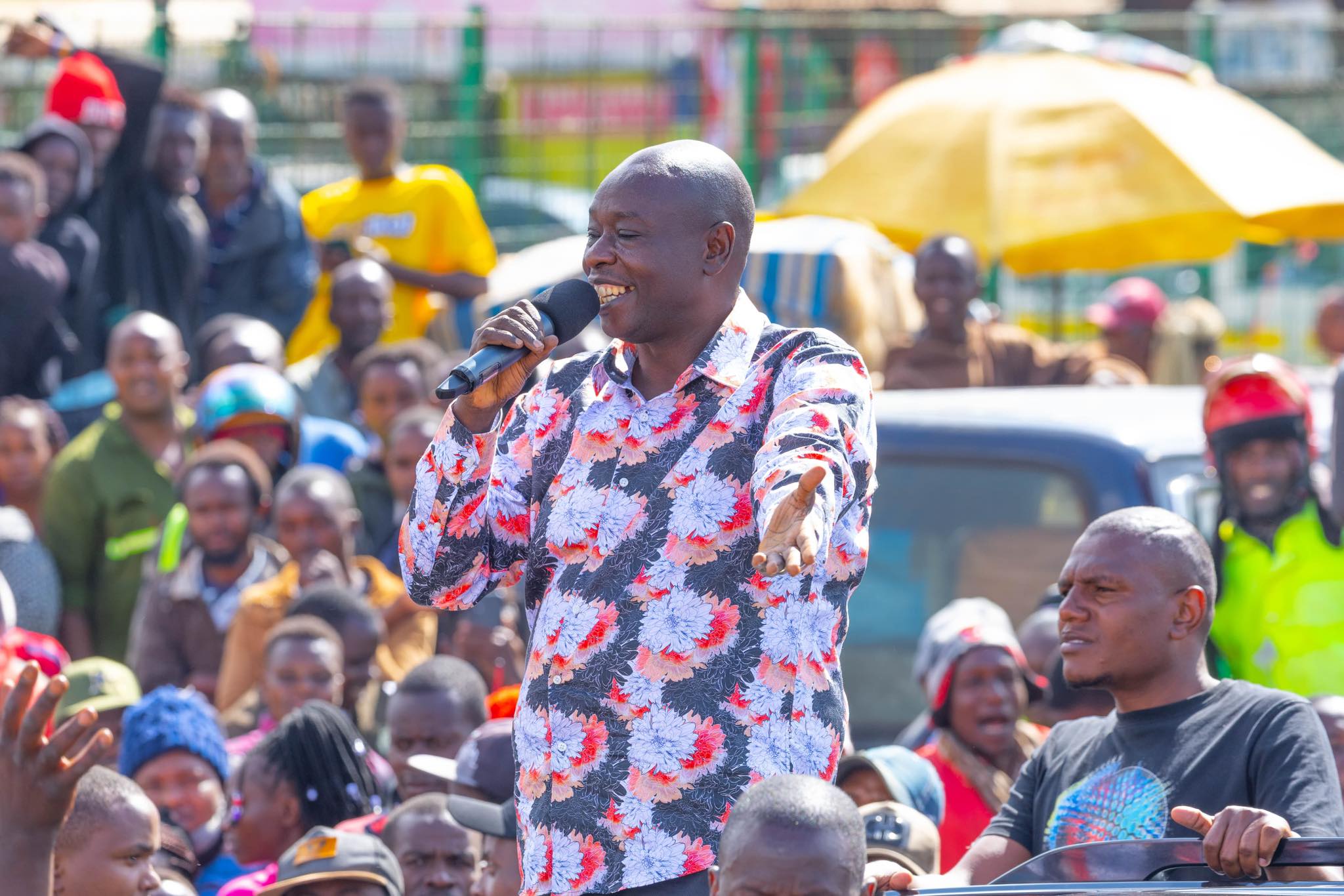Cop, civilian die after attack on police vehicle in Garissa
An attack on a Galmagalla Police Station’s vehicle in Bura East, Garissa County left a police officer and a civilian dead.
In a statement shared on Thursday, December 22, the Independent Policing Oversight Authority (IPOA) condemned the attack and consoled with National Police Service (NPS).
The agency further issued guidelines that officers can utilize in case of such attacks.
“IPOA condemns in the strongest terms possible the inhumane act meted upon the civilian and the dedicated officer who was in the company of his colleagues carrying out their duties,” part of the statement read.
Use of police firearm
According to IPOA, officers have been allowed to use force to counter attackers as per the NPS Act and service standing orders.
“A police officer shall always attempt to use non-violent means first and force may only be employed when non-violent means are ineffective or without any promise of achieving the intended result.
“The force used shall be proportional to the objective to be achieved, the seriousness of the offence, and the resistance of the person against whom it is used, and only to the extent necessary while adhering to the provisions of the law and the Standing Orders,” the act provides.
The Act further criminalises officers who leave victims of shooting to die.
“When the use of force results in injuries— the police officers present shall provide medical assistance immediately and unless there are good reasons, failing to do so shall be a criminal offence; and shall notify relatives or close friends of the injured or affected persons.”
At the same time, in case a junior officer uses force, he or she is expected to report immediately to his or her seniors.
“A police officer who uses any form of force shall immediately, report to the officer’s superior explaining the circumstances that necessitate the use of force and the supervisor shall judge the rightfulness and decide on the next step, subject to these regulations.
“Any use of force that leads to death, serious injury and other grave consequences shall be reported immediately by the officer in charge or another direct superior of the person who caused the death or injury, to the Independent Police Oversight Authority who shall investigate the case.
“The Inspector-General shall not be precluded by virtue of paragraph from conducting investigations into the matter. A police officer who makes a report to the Independent Police Oversight Authority in accordance with paragraph shall— secure the scene of the act for purposes of investigations; and notify the next of kin, their relative or friend of the death or injury as soon as reasonably practical,” the Act says.
It adds: “It shall be a disciplinary offence for a police officer to fail to report in accordance with these regulations. An officer shall not tamper or otherwise damage any evidence from the scene of the act.”
“A Police officer in uniform shall at all times affix a nametag or identifiable Service number in a clearly visible part of the uniform and following the orders of a superior is no excuse for the unlawful use of force.”
